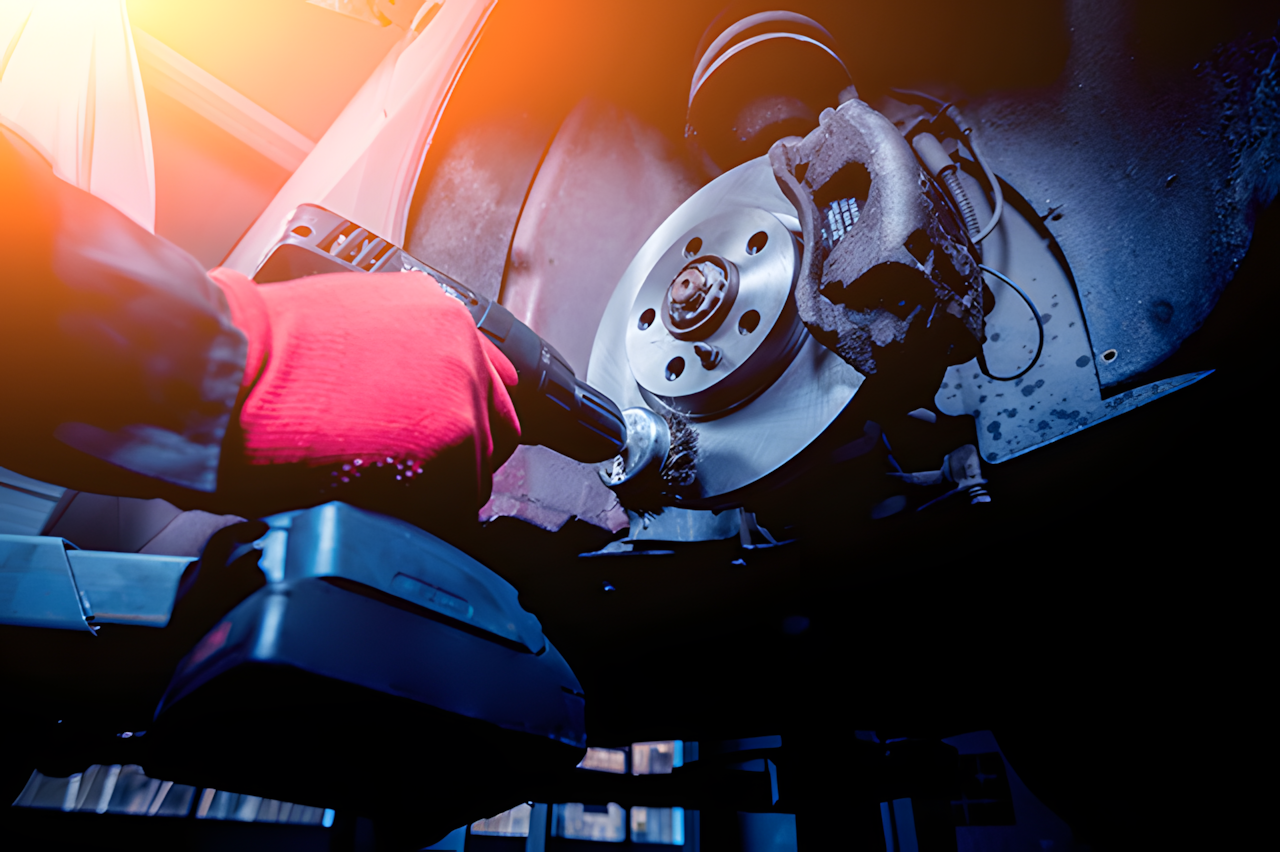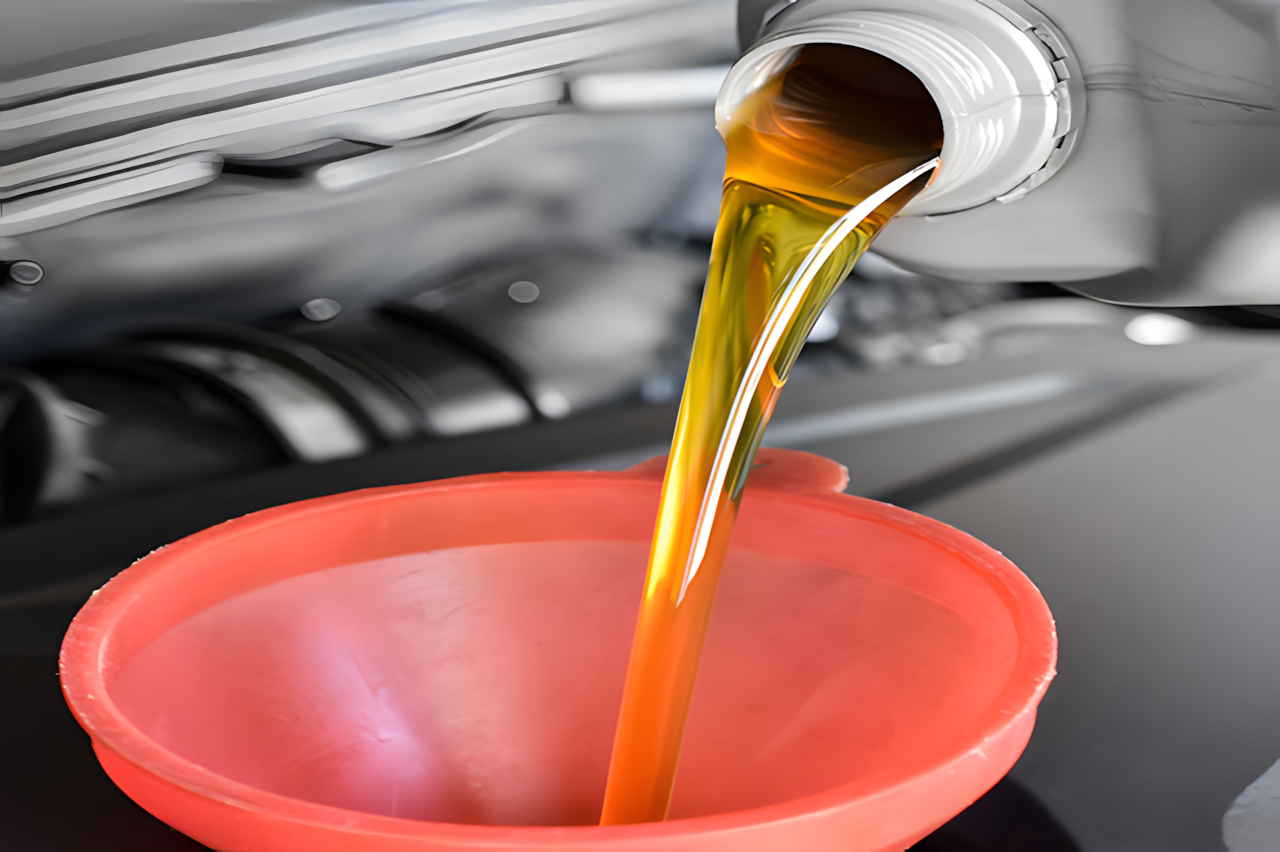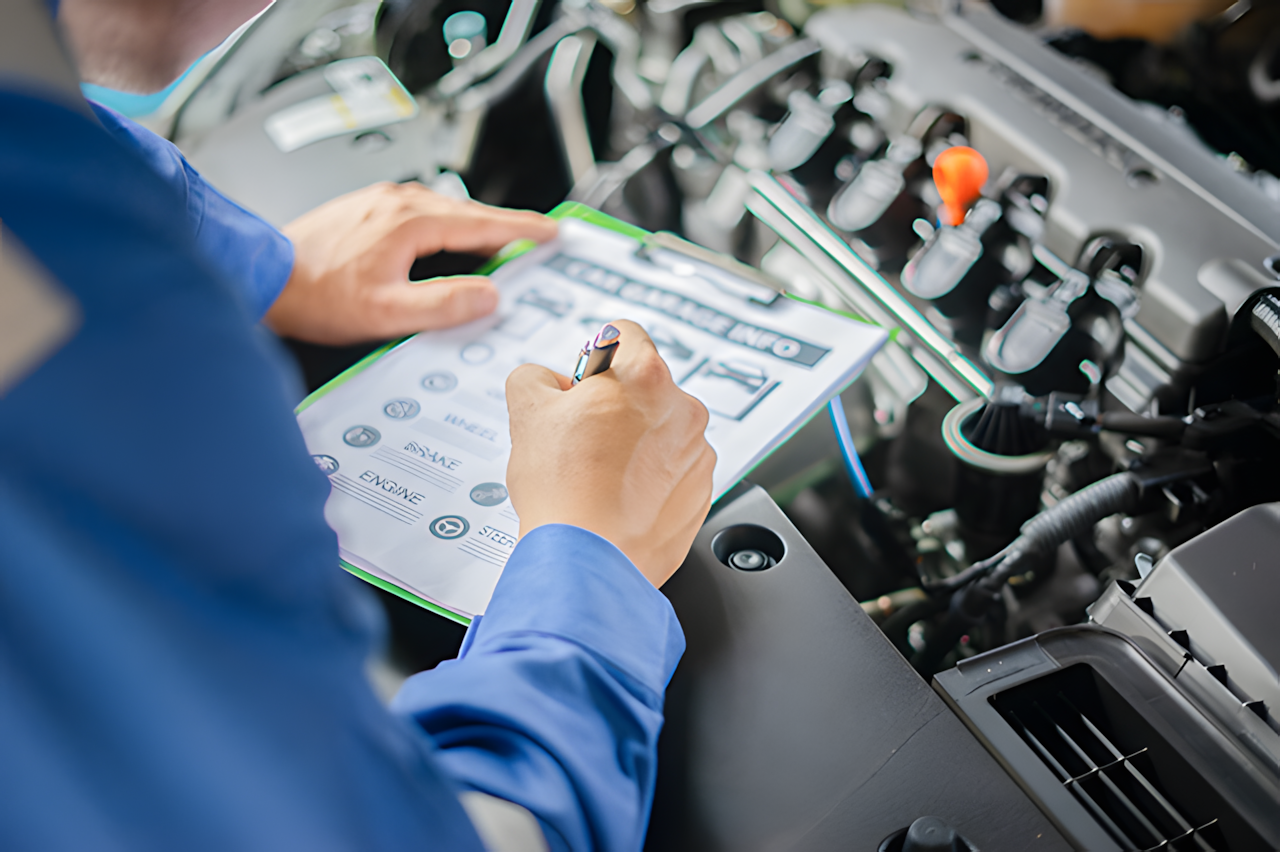At Gayton Automotive Service in Henrico, VA, we understand that your vehicle's suspension and steering systems are crucial for a smooth and safe driving experience. Whether you’re dealing with the daily commute or gearing up for a long road trip, these systems play a vital role in both comfort and vehicle control, ensuring your ride is not just smooth but also safe. In this guide, we aim to empower you with insights and practical advice to help you maintain these critical systems effectively.
Understanding the Suspension System
The suspension system in your vehicle is designed to maximize the friction between the tires and the road surface, ensuring steering stability with good handling and comfort for the passengers.
Key Components of a Suspension System
Understanding the components that make up your car’s suspension can help in better diagnosing potential issues.
Springs: The springs support the vehicle weight and absorb the impact of road irregularities.
Shocks and Struts: These components dampen the impact and oscillation from springs, ensuring stability.
Control Arms and Ball Joints: These allow the wheels to move up and down independently while maintaining a connection to the car frame.
Why Suspension Maintenance Matters
Regular maintenance of the suspension system can prevent major issues and optimize your vehicle's performance. It includes:
Improved Handling: A well-maintained suspension ensures that steering response is precise, which is crucial for safety.
Comfort: Proper suspension function absorbs road bumps effectively, enhancing ride quality for both driver and passengers.
Signs Your Suspension Needs Attention
It's important to know the warning signs of a failing suspension system. Look out for:
Excessive Bouncing: If you notice more than a normal amount of bouncing, it may indicate worn shocks or struts.
Uneven Tire Wear: When tires show uneven tread wear, it can often be a sign of suspension issues.
Exploring the Steering System
The steering system connects the driver’s inputs into directional car control. A well-functioning steering system ensures command of the roadway.
Types of Steering Systems
There are generally two types of steering systems:
Rack-and-Pinion Steering: This system uses a gear-set to convert the circular motion of the steering wheel into the linear motion needed to turn the wheels.
Recirculating Ball Steering: Common in larger vehicles, this system uses a series of gear reductions to turn the car’s steering components.
Importance of Steering Maintenance
Regular checks can prevent major issues with your steering system.
Smooth Steering: Ensures easy maneuverability and control over the vehicle, especially during tight turns or parking.
Safety: Reliable steering prevents accidents due to loss of vehicle control.
Signs of a Failing Steering System
Be mindful of the following symptoms indicating potential steering problems:
Steering Wheel Vibration: If your steering wheel vibrates, it could indicate worn steering components.
Loose Steering: If your steering feels loose, it might be time to check your steering system.
Conclusion: Trust Gayton Automotive Service
At Gayton Automotive Service, our team of experienced professionals in Henrico, VA is ready to assist you with all your suspension and steering needs. Our commitment is to ensure that every ride you make is comfortable and controlled. Through our in-depth checks and routine maintenance, we aim to prevent costly repairs and enhance the longevity of your vehicle.
When it comes to your vehicle's suspension and steering, proactive maintenance is key. Contact us today to schedule your next appointment and let's make sure your vehicle is in top shape for all your journeys.






